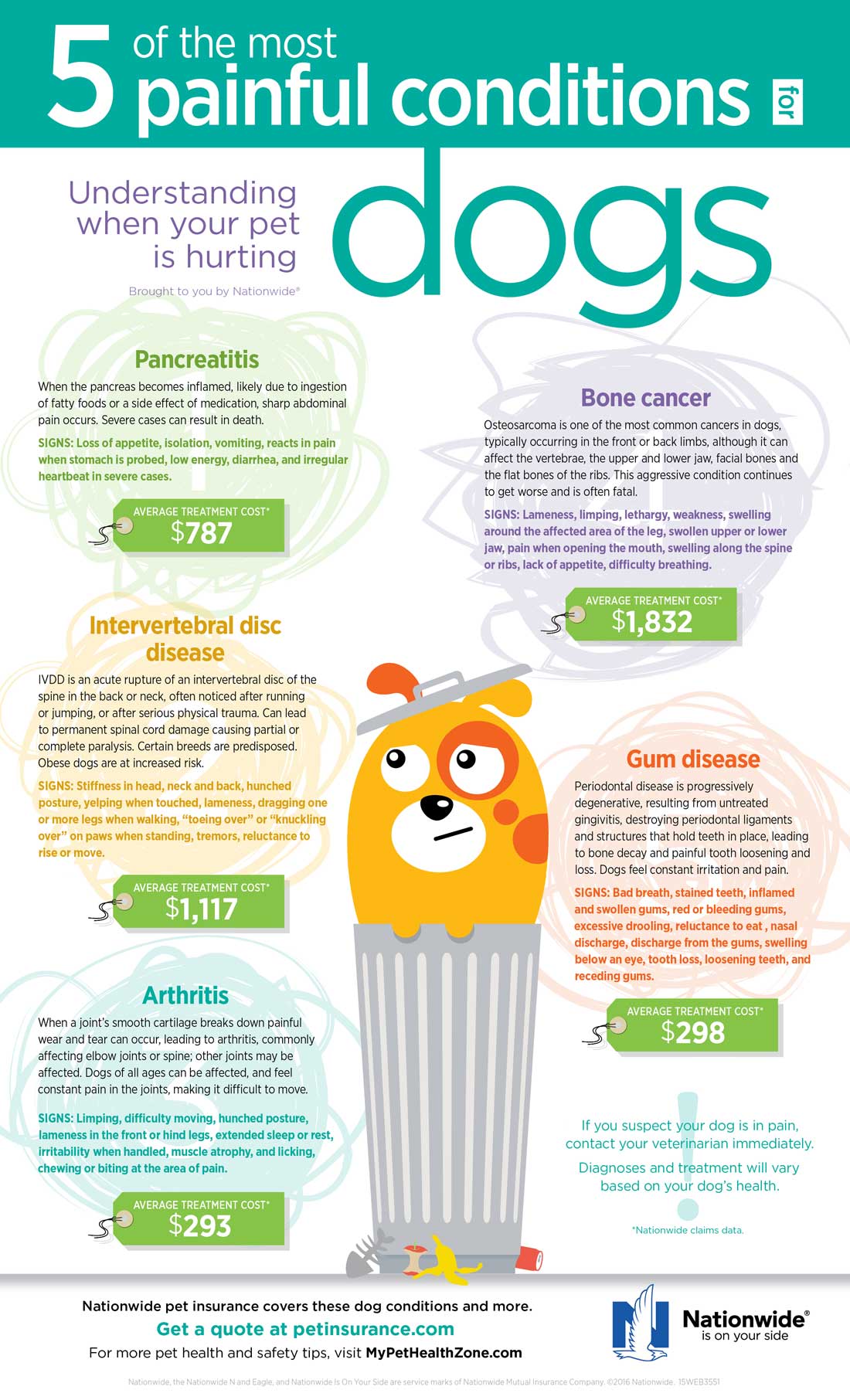Dog Daycare Flooring Types
Dog Daycare Flooring Types
Blog Article
Can Pet Daycare Reason Ailment?
Pet dogs in day care receive great deals of workout, socialization with other dogs and one-of-a-kind experiences. This can be specifically practical for young puppies and dogs with behavior problems.
There are several legal considerations you need to take into consideration when beginning a doggy daycare company. These include the structure of your company and compliance with government policies.
1. Dog Distemper
Canine distemper is spread out via straight contact with the physical liquids and waste of an infected canine, however it can likewise be sent using common water and food bowls or via air-borne beads. This highly contagious disease is most harmful for young puppies, however it can affect pet dogs of any kind of age and is deadly for the majority of if left untreated.
Initial symptoms of canine distemper often mimic a common cold, including runny eyes and nose with watery or pus-like discharge. As the disease progresses, a dog will develop high temperature, coughing, reduced appetite, vomiting and diarrhea. The infection can additionally strike the nerve system, leading to seizures, jerking and partial or complete paralysis.
Respectable day cares decrease exposure to infection by requiring vaccinations, regular health examinations and adhere to rigorous health methods. If your puppy seems overly tired or hopping, a day off might assist him recuperate, but you should stay clear of taking him back to day care up until these symptoms clear up.
2. Kennel Cough
Kennel cough, also known as transmittable canine tracheobronchitis or Bordetella, is a very transmittable viral or microbial illness that affects the respiratory system. It's generally moved with the exchange of saliva or air droplets that a sick pet breathes out. Social pet dogs are at higher risk for infection as a result of their constant interaction with one another, such as when they play, share food or water, sniff each other or merely satisfy in a congested environment like a dog park or childcare.
One of the most typical symptom of kennel coughing is a relentless and powerful cough that sounds like something embeded the throat or retching. Commonly, canines will divulge frothy white phlegm. If left unattended, a pet dog can establish pneumonia and be at significant threat forever.
A trusted daycare center must have strict cleaning and hygiene procedures, sanitize all toys, food and water bowls consistently, and be open regarding their vaccination plans. Maintaining your canine up to day on their vaccinations, especially for bordetella and canine flu, will significantly reduce their opportunities of acquiring the disease.
3. Parvovirus
Canine parvovirus, or parvo, is a highly transmittable viral disease that can be deadly for pups and young adult dogs with inadequate immune systems. It's most generally spread out by direct contact with infected canine feces-- which can take place when pet dogs sniff, lick, or preference infected feces-- and indirectly from infected people, things, or atmospheres (like kennels, brushing spaces and lawns). Pups and dogs without total vaccination backgrounds are especially at risk to parvo.
The virus is exceptionally durable, surviving in the atmosphere for up to 9 years, and can easily be moved between pet dogs by contact via feces or on shoes, garments, and bedding polluted dog kennel boarding with parvovirus. If not dealt with immediately with IV liquids, electrolyte equilibrium, vomiting control drugs and antibiotics to stop secondary bacterial infections, a pet will rapidly dry out and develop serious looseness of the bowels, which leads to shock and blood poisoning. Parvo is difficult to treat as soon as a canine has actually ended up being ill, yet with suitable vet care, lots of pups do survive this ailment.
4. Canine Flu
Canine influenza infection is extremely transmittable and spreads through straight contact, sharing food and water bowls, licking or nuzzling other pets, through air-borne beads, and through polluted surfaces. Vaccination works in lowering the risk of infection and break outs.
Most impacted pets develop a moderate respiratory system infection with a cough that lasts 1-3 weeks. They might additionally have nasal and ocular discharge, sneezing, and sleepiness. Several of the most severe instances result in pneumonia and a high fever.
If your pet dog shows any of these signs, do not bring them back to childcare until they are healthy. If your pet is showing signs of severe exhaustion or limping, speak to your veterinarian right away and ensure they get on healthiness supplements to help develop their resistance. A vet will assess your pet dog for signs and symptoms of the flu by taking a sample from the nose or throat, and blood examinations can be done to validate.